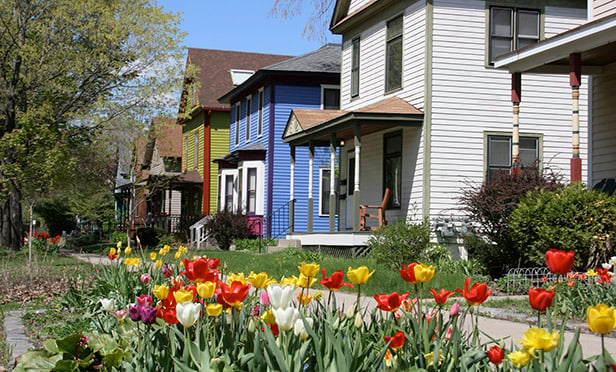Holland Partner Group and EJF Capital plan to break ground this month on a mixed-used development in downtown Vancouver, Washington.
Block 10—as the project has been dubbed—will include 110 multi-family units with 79,000 square feet of office space and approximately 10,000 feet of retail space. The project will occupy an acre in a designated "opportunity zone" which will offer tax benefits to investors through a government program designed to spur economic growth in low-income areas. Block 10, which is projected to be complete in the spring of 2022, will join an estimated 19 apartment and condos buildings either planned or under construction in Vancouver, which is experiencing marked population growth partly due to the lack of a personal or business income tax. The city's waterfront is undergoing a $1.5 billion revitalization effort along the Columbia River, which divides Washington state from Oregon to the south. Portland Oregon sits across the river from Vancouver.
"Block 10 is a spectacular project, situated in the heart of downtown Vancouver on one of the city's last remaining undeveloped blocks," said Neal Wilson, co-chief executive officer of EJF Capital. "It is a prized location that is within walking distance of an array of amenities including numerous restaurants and bars, retail, entertainment and offices."
Plans for the project call for a deck, fitness center, and bike storage, shared by the apartment and office tenants. A fifth of the apartment units will be set aside as workforce housing. Block 10 is being built by Holland Construction, the construction division of the Holland Partner Group, which is a real estate investment company. EJF Capital is a Washington D.C.-based global alternative asset management firm. The firm's OpZone fund focuses on opportunity zone projects established under the Tax Cuts and Jobs Act of 2017. Among the tax benefits offered under those projects are the deferral of capital gains for federal income tax purposes until 2026 and a 10% reduction in the amount of capital gains in that same time period.
© Touchpoint Markets, All Rights Reserved. Request academic re-use from www.copyright.com. All other uses, submit a request to [email protected]. For more inforrmation visit Asset & Logo Licensing.







